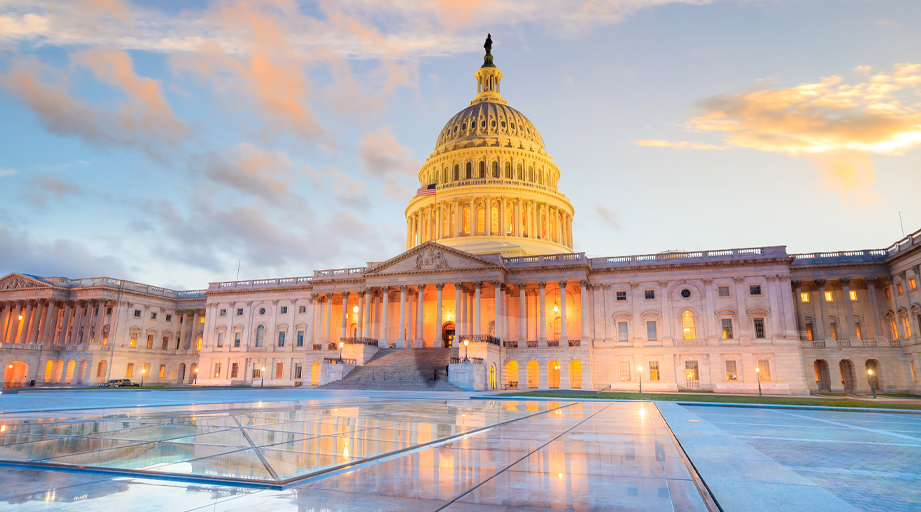
The Supreme Court unanimously upheld access to mifepristone in its ruling on the Food and Drug Administration (FDA) v. Alliance for Hippocratic Medicine, which challenged the legality of FDA’s approval of the medication. The justices ruled that the plaintiffs lacked standing to bring the case, leaving the door open to similar challenges in the future by plaintiffs with appropriate standing.
Today’s decision ensures that mifepristone access will be uninterrupted at the federal level but has no impact on state efforts to restrict the drug. States have taken steps to limit access, including, most recently, rescheduling the drug as a controlled substance. Reclassification of reproductive health medications as controlled substances requires pharmacies and other dispensers to submit prescribing and dispensing information to state Prescription Drug Monitoring Programs (PDMPs). This PDMP information will be made available to healthcare providers and pharmacies across state lines, and may be requested by law enforcement officials, increasing liability risks for patients and providers.
ASHP remains concerned about state efforts to create civil and/or criminal liability for clinicians, including pharmacists, who provide reproductive healthcare. ASHP’s House of Delegates, a voting body composed of members from across the country, met this week in Portland, Oregon, and approved new policy advocating to protect members of the pharmacy workforce providing these services in accordance with the standard of care and a new business item opposing the reporting of reproductive health medications to state PDMPs.
“ASHP is pleased that today’s Supreme Court decision upheld mifepristone access at the federal level, but clinicians and patients continue to face serious reproductive health access and liability risks at the state level,” said Tom Kraus, ASHP vice president of government relations. “Patients should not fear seeking treatment, nor should clinicians fear providing treatment in accordance with the standard of care.”
ASHP will continue to monitor state and federal policymaking around reproductive health and update members on new developments.






